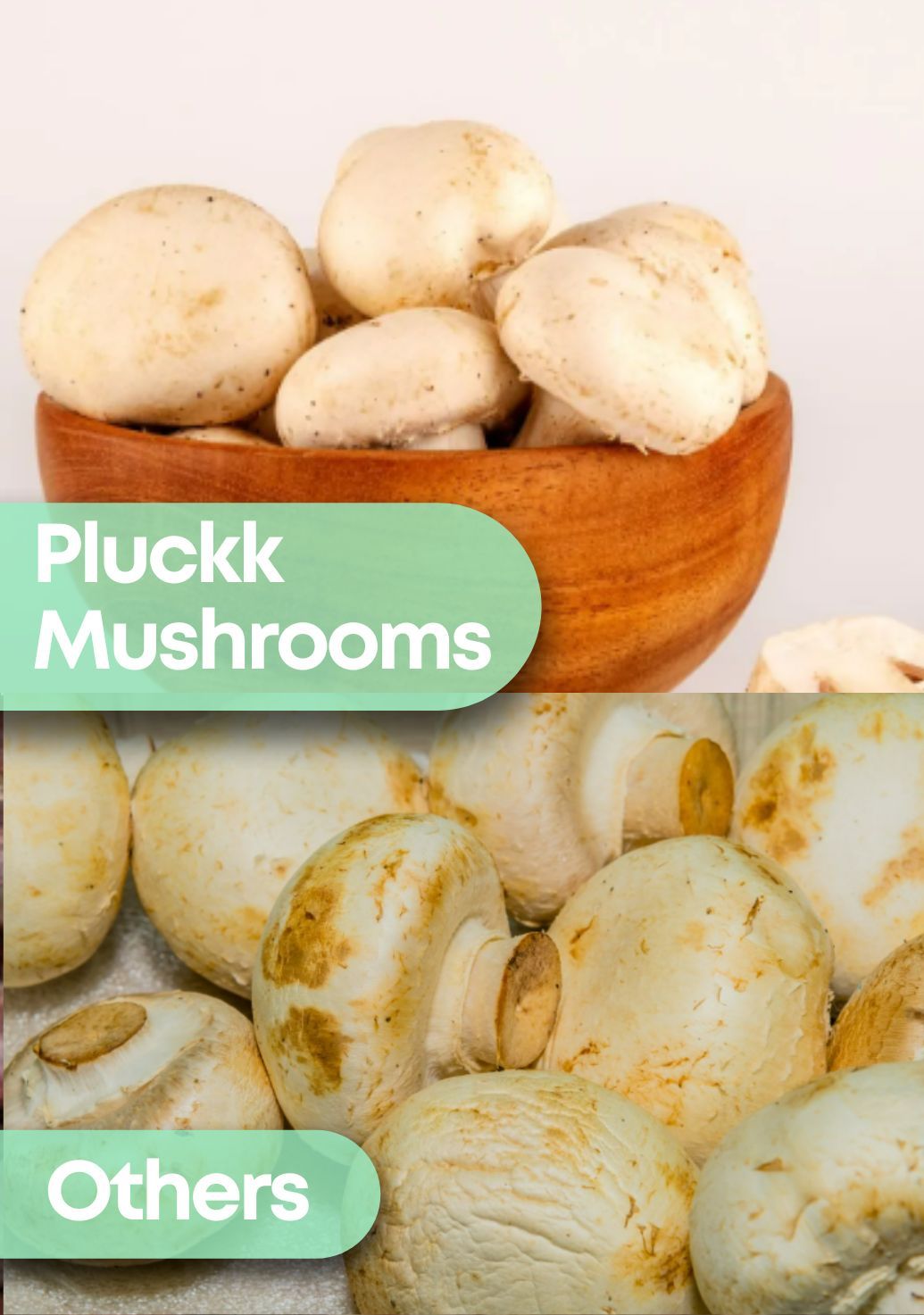
For a better and faster shopping experience, download app
Unkown
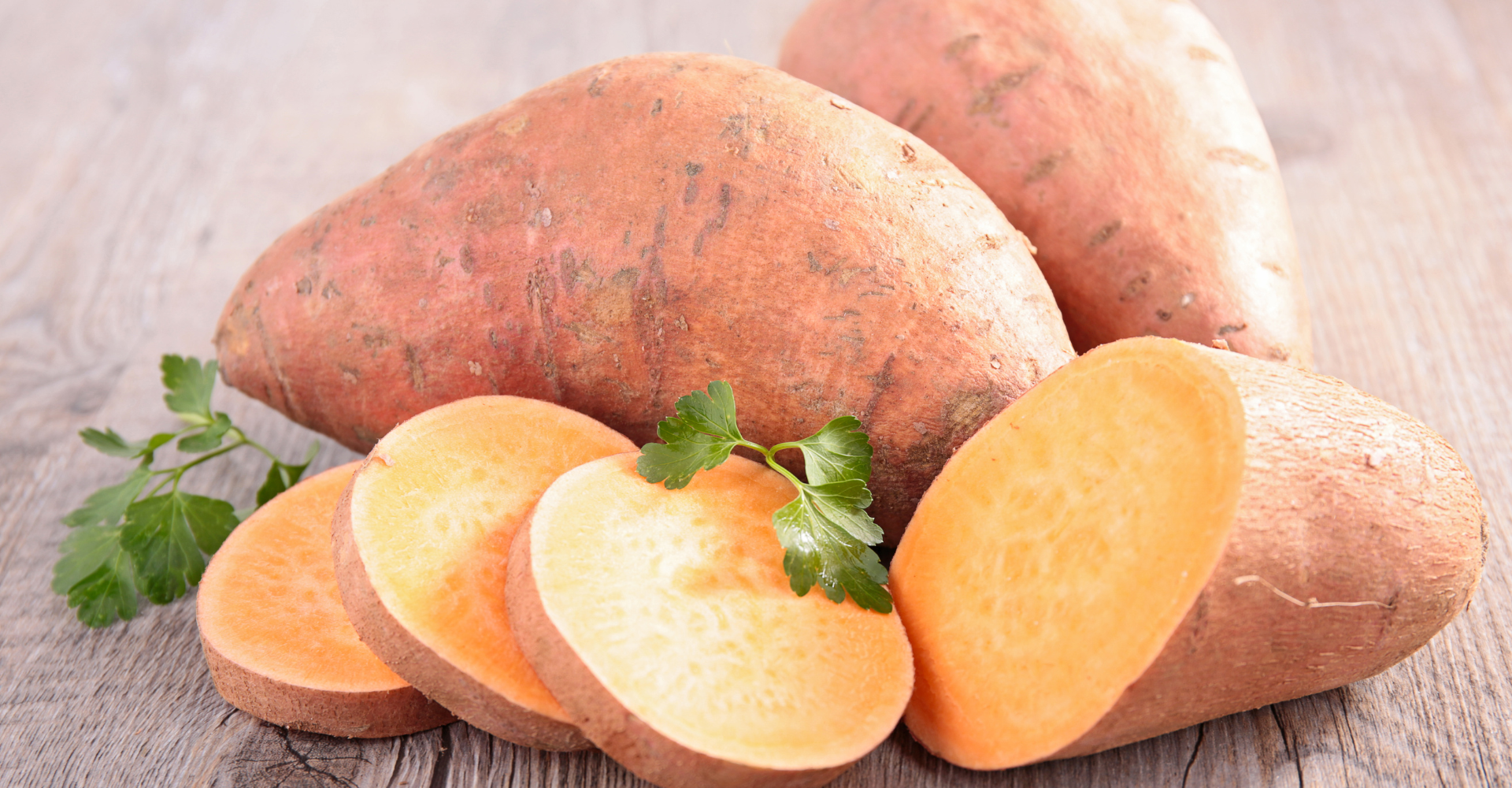
10 Potassium-Rich Fruits & Vegetables to Lower Blood Pressure
Maintaining healthy blood pressure is crucial for overall well-being, and one of the best ways to achieve this is by including potassium-rich foods in your diet. Potassium is a vital mineral that helps balance sodium levels in your body, relax blood vessel walls, and support heart health. In this comprehensive guide, we’ll explore the importance of potassium, the best potassium-packed foods, and practical tips for incorporating them into your diet to naturally lower blood pressure.
Why Potassium Matters for Blood Pressure
Potassium plays a significant role in managing blood pressure by:
-
Balancing Sodium Levels: High sodium intake is a leading cause of elevated blood pressure. Potassium helps your kidneys excrete excess sodium, reducing its impact on your blood pressure.
-
Relaxing Blood Vessels: Potassium aids in relaxing the walls of blood vessels, which improves blood flow and reduces hypertension.
-
Supporting Heart Function: Adequate potassium levels ensure that your heart beats efficiently, lowering the risk of cardiovascular complications.
The recommended daily intake of potassium for an average adult is around 2,500 to 3,000 mg, though individual needs may vary based on age, gender, and health conditions. Let’s dive into the best potassium-rich foods to add to your plate.
Top Potassium-Rich Foods to Include in Your Diet
Bananas
Bananas are a convenient and delicious way to get your daily dose of potassium. Packed with natural sugars and fiber, they not only fuel your body but also provide energy throughout the day. Bananas are perfect for smoothies, snacks, or adding to cereal for a boost of flavor and nutrients. Their natural sweetness also makes them a versatile ingredient in baked goods like banana bread, muffins, and pancakes. The high potassium content in bananas helps maintain healthy heart function and regulate blood pressure, making them a smart choice for maintaining overall health.
Sweet Potatoes
Sweet potatoes are a nutrient-dense food that is packed with potassium, fiber, and antioxidants. They are heart-healthy and promote digestive health due to their high fiber content. Sweet potatoes can be roasted, mashed, or even used as a base for nourishing bowls, making them incredibly versatile in the kitchen. Their natural sweetness makes them an excellent alternative to regular potatoes in many dishes. Sweet potatoes also contain beta-carotene, which supports eye health and boosts immunity, making them a fantastic addition to any meal.
Spinach
Spinach is a nutrient-packed leafy green that is loaded with essential vitamins and minerals such as potassium, magnesium, calcium, and iron. These nutrients play an important role in maintaining healthy blood pressure and cardiovascular health. Spinach is incredibly versatile, easily incorporated into a variety of dishes, whether tossed into salads, sautéed as a side dish, or blended into smoothies for a quick nutritional boost. Its high fiber content also promotes digestion and supports healthy cholesterol levels, making spinach a great addition to any diet.
Avocados
Avocados are rich in healthy monounsaturated fats, potassium, and other essential vitamins and minerals that promote heart health and help regulate blood pressure. Known for their creamy texture and mild flavor, avocados are a perfect addition to salads, toast, and smoothies. They are also the main ingredient in guacamole, a popular dip. Avocados can be used as a healthy substitute for butter or mayonnaise in sandwiches and burgers, offering a nutritious, heart-friendly option. Their high potassium content helps maintain fluid balance, making them a great food choice for athletes and those with active lifestyles.
Zucchini
Zucchini is a fantastic potassium-rich vegetable that supports heart health and helps manage blood pressure. It’s low in calories but packed with essential nutrients like fiber, vitamin C, and antioxidants. Zucchini’s high potassium content helps balance sodium levels in the body, promoting healthy blood pressure.
Oranges
Oranges are a refreshing and versatile fruit that offers a fantastic way to boost your potassium intake. Packed with vitamin C, they not only promote healthy skin and immune function but also help your body absorb iron more effectively. Oranges can be eaten as a whole fruit, juiced for a refreshing drink, or added to salads and desserts for an added burst of flavor. Orange juice, particularly when freshly squeezed, provides a natural, hydrating beverage that is also rich in potassium. This makes oranges and their juice an excellent option for anyone looking to improve heart health and boost immunity naturally.
Tomatoes
Tomatoes are a potassium-rich fruit that is available year-round in a variety of forms, including fresh, juiced, and cooked. Their high potassium content supports healthy blood pressure, while their antioxidants, such as lycopene, promote skin health and protect against free radicals. Tomatoes are a versatile ingredient that can be used in countless dishes, including soups, pasta sauces, salsas, and salads. They are also great for making homemade ketchup or pizza sauce. Whether eaten raw or cooked, tomatoes are an essential part of a balanced diet that supports both heart and digestive health.
Mushrooms
Mushrooms are not only a delicious addition to your meals but also a great source of potassium, which plays a crucial role in maintaining healthy blood pressure levels and overall heart health. Just one cup of cooked mushrooms can provide around 400-500 milligrams of potassium, making them an excellent option for those looking to boost their potassium intake. Potassium helps balance sodium levels in the body, reducing strain on the heart and preventing high blood pressure.
Pomegranate
Pomegranate is a heart-healthy fruit rich in potassium and antioxidants that combat oxidative stress. It is a heart-healthy fruit that stands out as a rich source of potassium and antioxidants, making it a powerful ally in maintaining cardiovascular health. The high potassium content helps regulate blood pressure by balancing sodium levels and promoting proper blood vessel function.
Coconut Water
Known as nature’s sports drink, coconut water is an excellent choice for hydration and replenishing electrolytes. Enjoy it on its own or as a base for smoothies.
Tips for Adding Potassium-Rich Foods to Your Diet
-
Start Your Day Right: Add bananas or yogurt to your breakfast for a potassium boost. Blend spinach and avocado into your morning smoothie.
-
Snack Smart: Keep a handful of nuts, dried apricots, or coconut water handy for quick potassium-rich snacks. Dip raw veggies like carrots or celery in hummus made with white beans.
-
Incorporate Greens: Add spinach, kale, or other leafy greens to soups, stews, or salads. Use tomatoes and avocado slices as toppings for sandwiches.
-
Upgrade Your Sides: Swap regular potatoes with sweet potatoes for a nutrient-packed alternative. Pair your meals with a side salad loaded with potassium-rich veggies like tomatoes and spinach.
-
Stay Hydrated: Replace sugary drinks with coconut water or freshly squeezed orange juice for a refreshing and healthy alternative.
Final Thoughts
Incorporating potassium-rich foods into your daily meals can make a big difference in lowering blood pressure and improving heart health. With options ranging from fruits and vegetables to dairy and fish, there’s something for everyone to enjoy. Start small, make consistent choices, and watch your health transform naturally. Combine these dietary changes with a balanced lifestyle for optimal results.
Medium size, deep green skin with creamy flesh, buttery and nutty taste
1 Pc (130-180 Gms per pc)
₹130
₹83
Large in size, shiny skin & bright red in colour
- 2 Pcs (450+ Gms)
- 4 Pcs (900+ Gms)
₹192
Bright yellow skin with ivory cream flesh with semi-starch texture; Nutty and fruity flavor | Ready to eat in 1 - 2 days
- 500 Gms (4-5 Pcs)
- 1 Kg (8-9 Pcs)
₹57
₹42
Vibrant green & tender leaves with a crisp texture that delivers mildly sweet and earthy flavor
- 250 Gm
- 500 Gms
- 1 Kg
₹49






![Avocado Hass [Imported]img 1 Avocado Hass [Imported]img 1](https://im.pluckk.in/unsafe/1035x0/uploads/26867-vertical-images-sku-35.jpg)
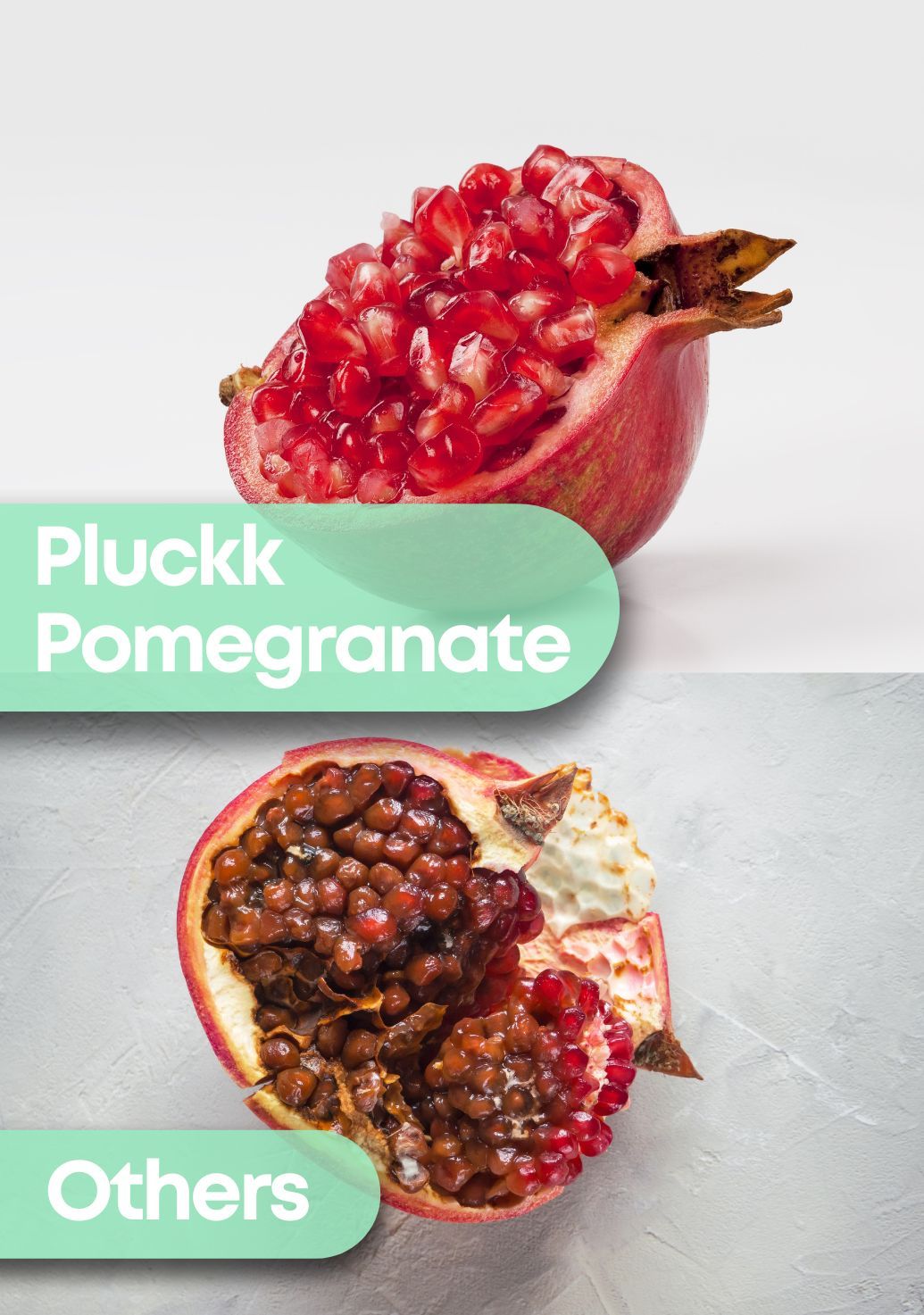
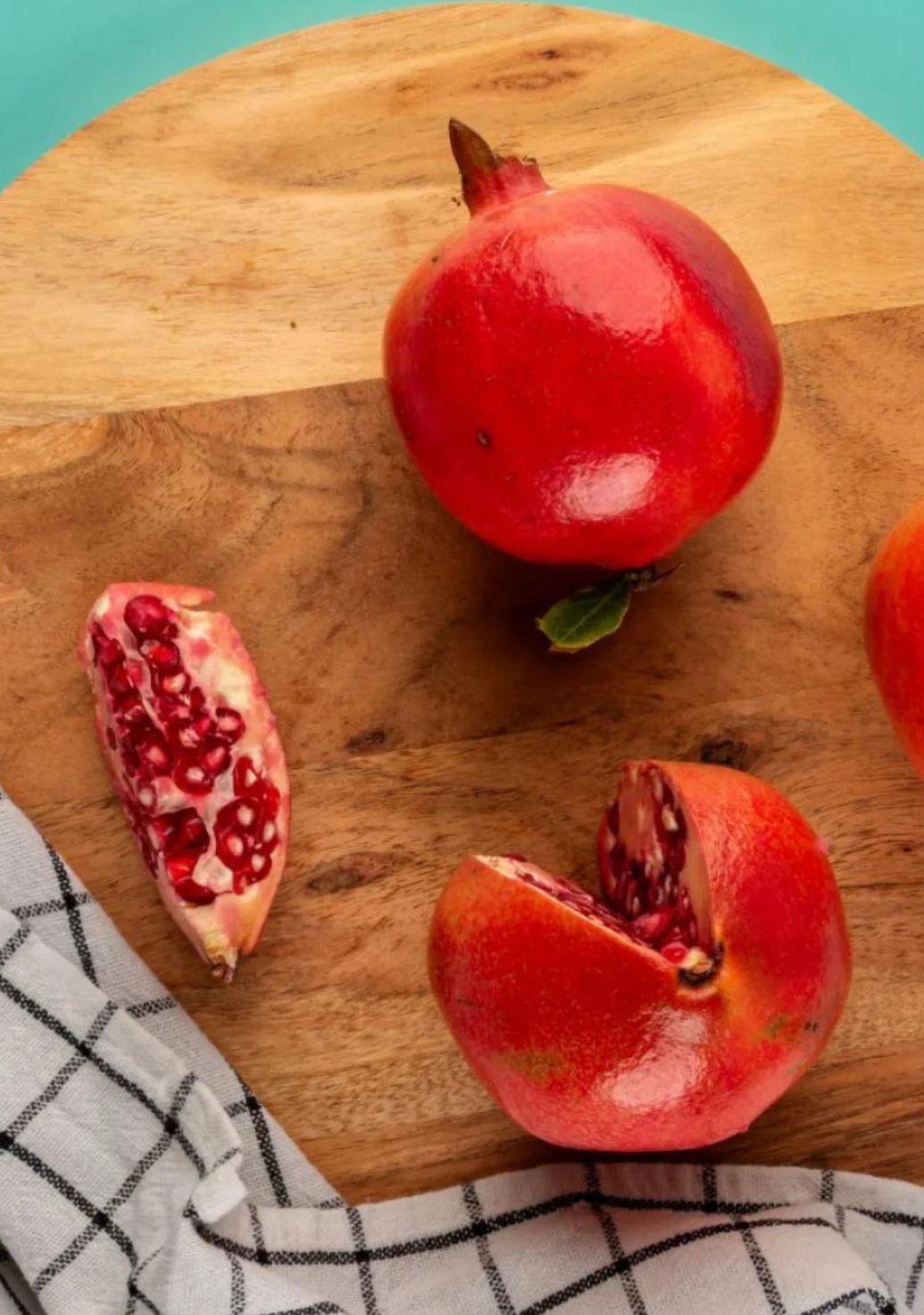



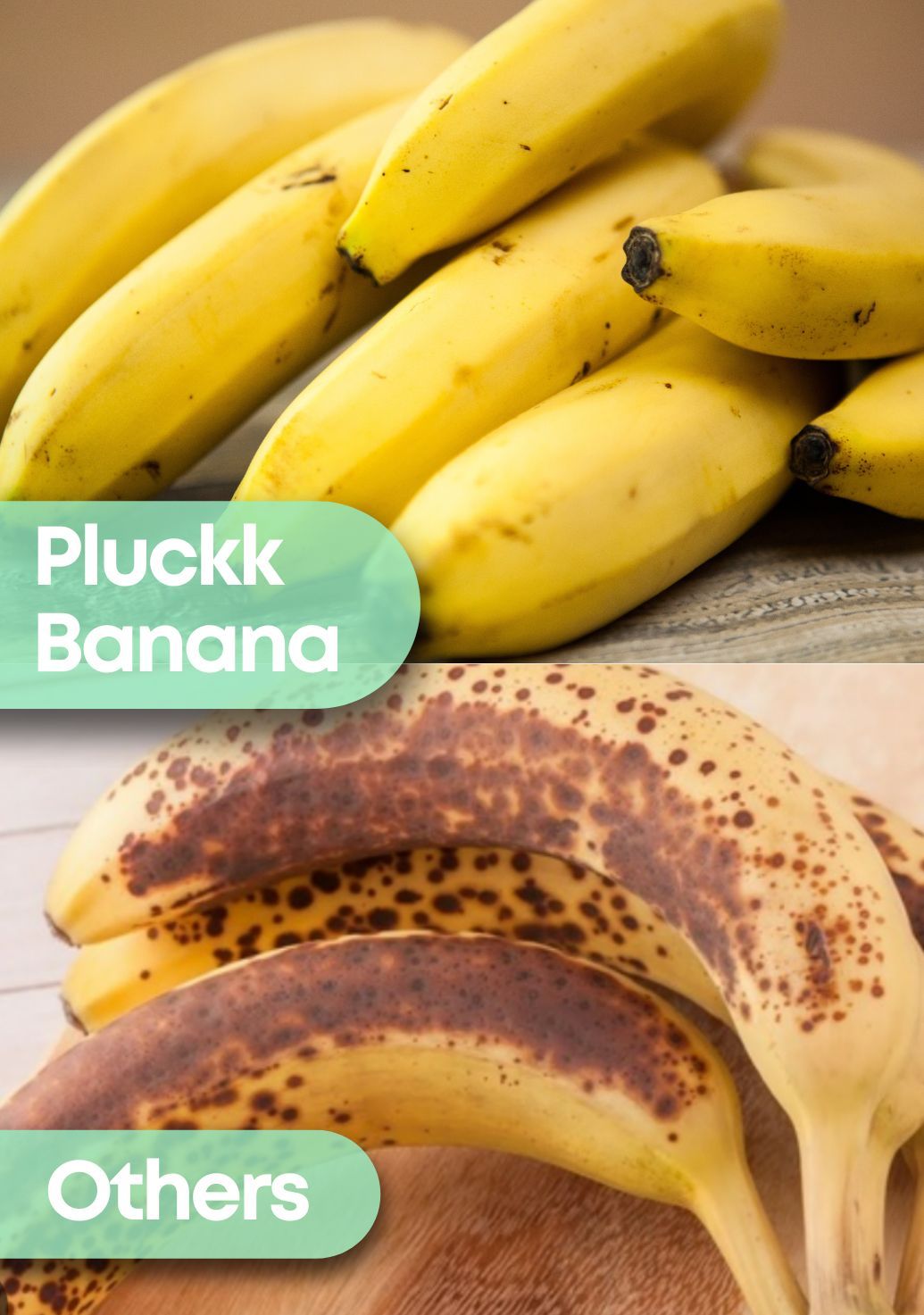

![Spinach [Palak]img 2 Spinach [Palak]img 2](https://im.pluckk.in/unsafe/1053x0/uploads/new_sku_designs_v3/111011298AL/2.jpg)
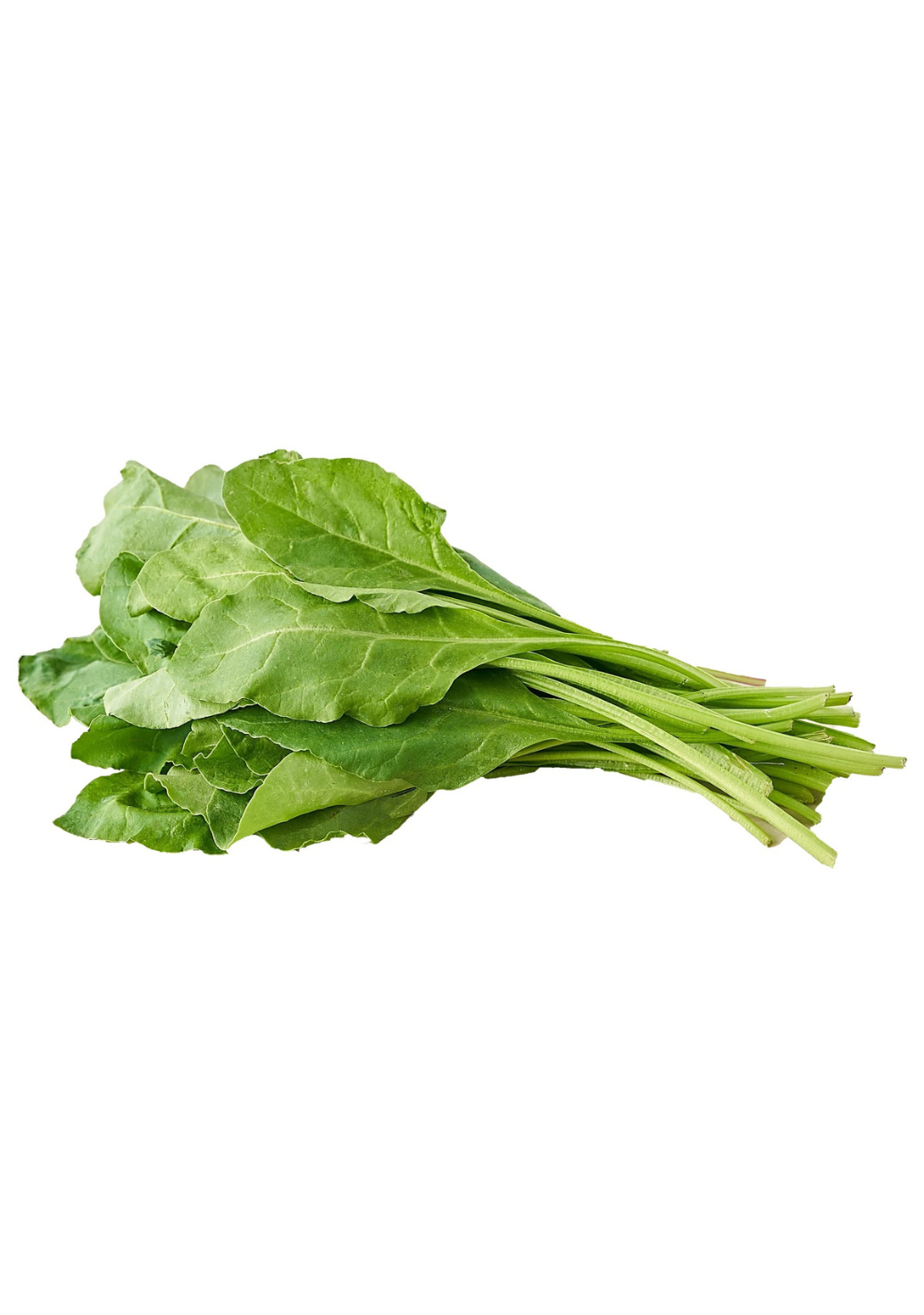
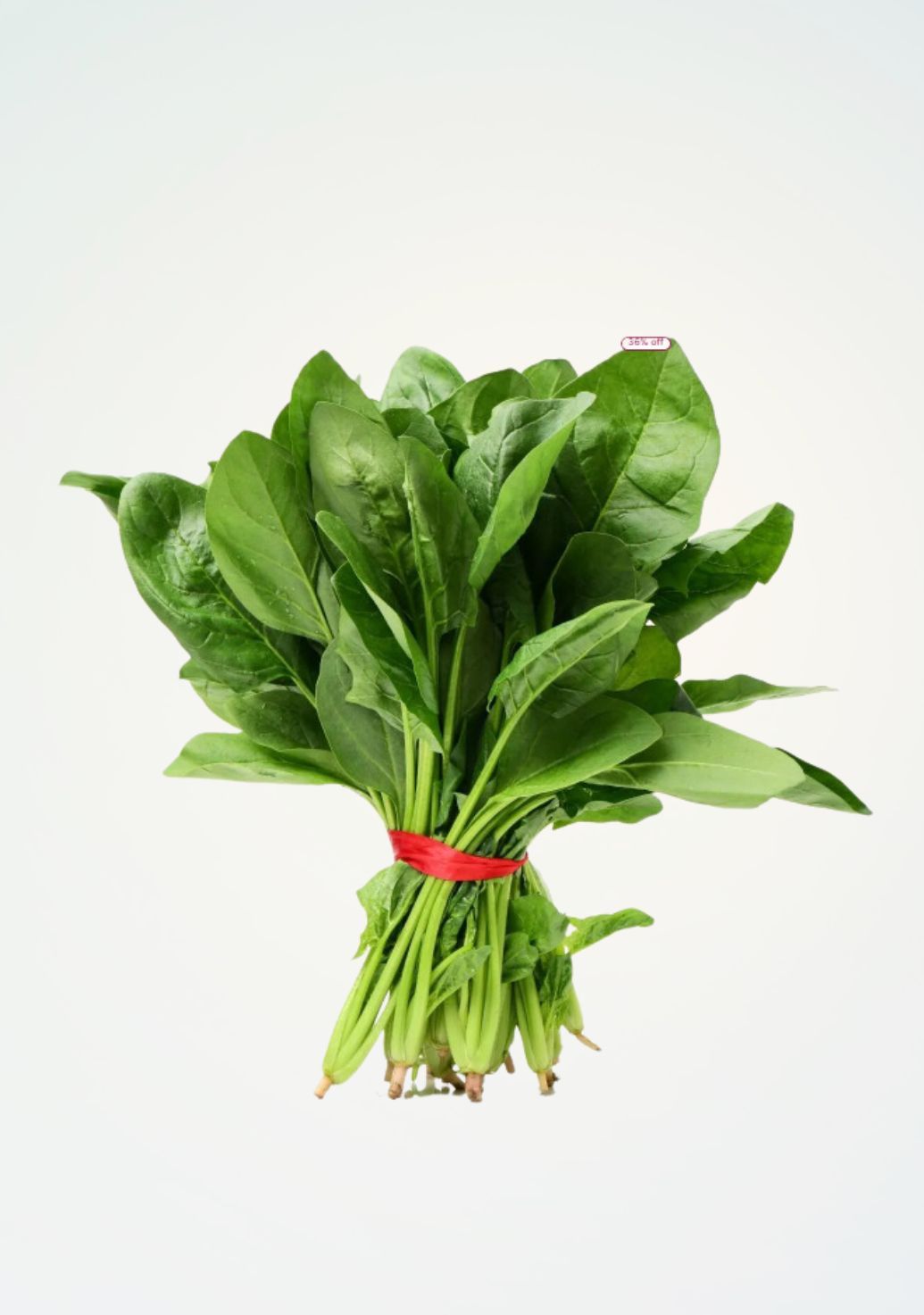
![Spinach [Palak]img 1 Spinach [Palak]img 1](https://im.pluckk.in/unsafe/1053x0/uploads/new_sku_designs_v3/111011298AL/1.jpg)


